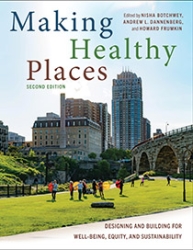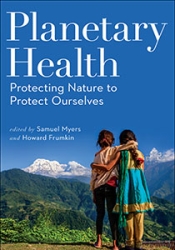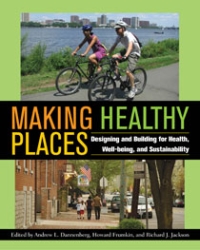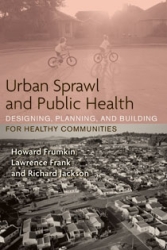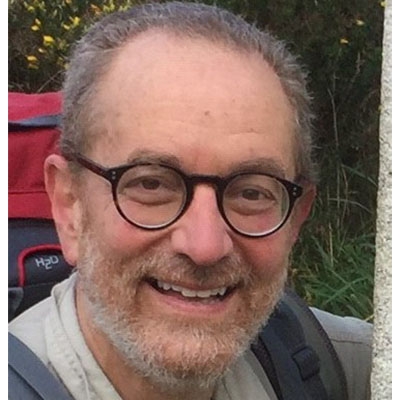
Howard Frumkin
Howard Frumkin, MD, DrPH is Senior Vice President of the Trust for Public Land, and professor emeritus of Environmental and Occupational Health Sciences at the University of Washington School of Public Health, where he was Dean from 2010-2016. He was previously head of Our Planet, Our Health at the Wellcome Trust, director of the National Center for Environmental Health and Agency for Toxic Substances and Disease Registry (NCEH/ATSDR), and Special Assistant to the CDC Director for Climate Change and Health, and Professor and Chair of Environmental and Occupational Health at Emory University's Rollins School of Public Health and Professor of Medicine at Emory Medical School.
Dr. Frumkin has served on the Boards of the Bullitt Foundation, the Seattle Parks Foundation, the American Public Health Association, the US Green Building Council, the Children and Nature Network, and Physicians for Social Responsibility, among others. He has served on the Steering Committee of the Planetary Health Alliance (Harvard University), as a faculty affiliate at UCLA’s Center for Healthy Climate Solutions, and on advisory committees to the Global Consortium on Climate and Health Education (Columbia University), the Medical Society Consortium on Climate & Health (George Mason University), EcoHealth International, and the Yale Center on Climate Change and Health.
He is the author, co-author, or editor of over 300 scientific journal articles, chapters, and books, including the standard environmental health textbook, Environmental Health: From Global to Local, and four Island Press titles.
Dr. Frumkin is a Fellow of the American College of Physicians, the American College of Occupational and Environmental Medicine, Collegium Ramazzini, and the Royal College of Physicians of Ireland, and an elected member of the Washington State Academy of Sciences and the National Academy of Medicine. He loves cycling, kayaking, and hiking. He is married to radio journalist Joanne Silberner, and has two children.

